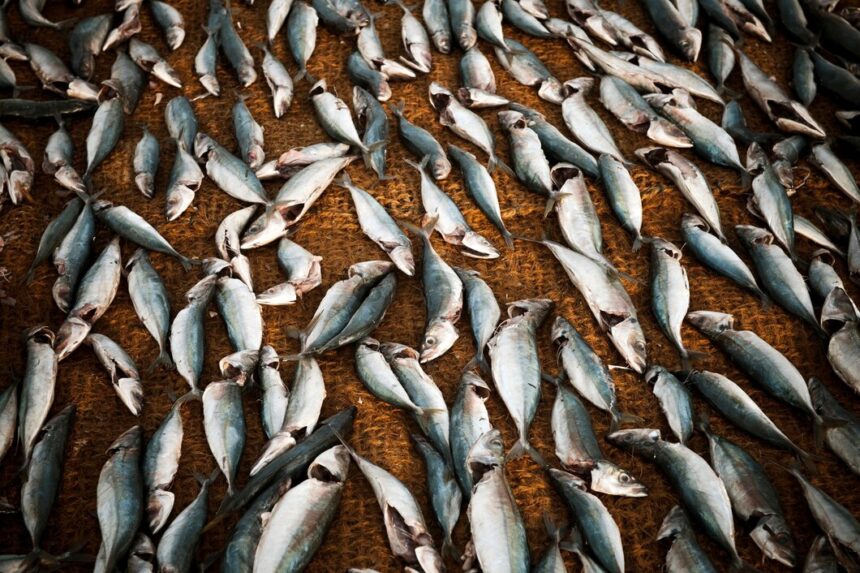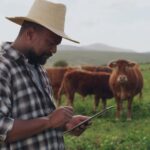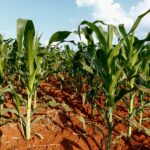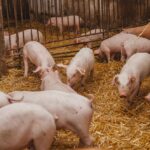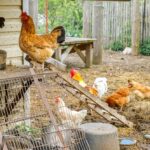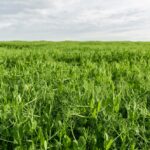Fish farming, or aquaculture, presents a promising avenue for agricultural sustainability in South Africa. With its diverse aquatic ecosystems and growing demand for seafood, the country has seen an increase in aquaculture ventures. To ensure these ventures are sustainable and environmentally responsible, farmers can employ various techniques. Here are ten techniques South African farmers can leverage for sustainable fish farming:
- Water Management Systems: Implement efficient water management systems to minimize water use and maintain water quality. Techniques such as recirculating aquaculture systems (RAS) help in reducing water consumption and controlling water parameters.
- Selective Breeding: Engage in selective breeding programs to enhance desirable traits in fish, such as growth rate, disease resistance, and feed conversion efficiency. This improves productivity and reduces environmental impact.
- Integrated Farming Systems: Integrate fish farming with other agricultural activities like hydroponics or poultry farming. This symbiotic relationship helps in nutrient recycling and reduces waste generation.
- Use of Sustainable Feeds: Opt for sustainable fish feeds made from locally available ingredients or alternative protein sources like insect meal or algae. This reduces dependency on wild fish stocks and promotes local agricultural economies.
- Efficient Energy Use: Employ energy-efficient technologies such as solar-powered aerators and pumps to reduce operational costs and carbon footprint.
- Waste Management: Develop efficient waste management strategies to handle fish waste and uneaten feed. Techniques like biofilters and sedimentation ponds can help in treating wastewater before it is discharged back into the environment.
- Monitoring and Control of Diseases: Implement strict biosecurity measures to prevent disease outbreaks. Regular health monitoring and vaccination programs can help in maintaining fish health and minimizing the use of antibiotics.
- Habitat Restoration: Engage in habitat restoration activities around fish farming areas to enhance biodiversity and ecosystem health. This includes planting native vegetation and creating buffer zones.
- Certification and Traceability: Obtain certifications like Aquaculture Stewardship Council (ASC) or Best Aquaculture Practices (BAP) to assure consumers of sustainable practices. Implement traceability systems to track the origin of fish products.
- Community Engagement and Education: Involve local communities in fish farming initiatives through training programs and awareness campaigns. Promote sustainable fishing practices and the importance of conserving aquatic resources.
In conclusion, sustainable fish farming in South Africa requires a holistic approach that integrates environmental stewardship, economic viability, and social responsibility. By adopting these ten techniques, farmers can contribute to the long-term health of aquatic ecosystems while meeting the growing demand for seafood in a sustainable manner.
Join 'Farmers Mag' WhatsApp Channel
Get the latest Farming news and tips delivered straight to your WhatsApp
CLICK HERE TO JOIN
